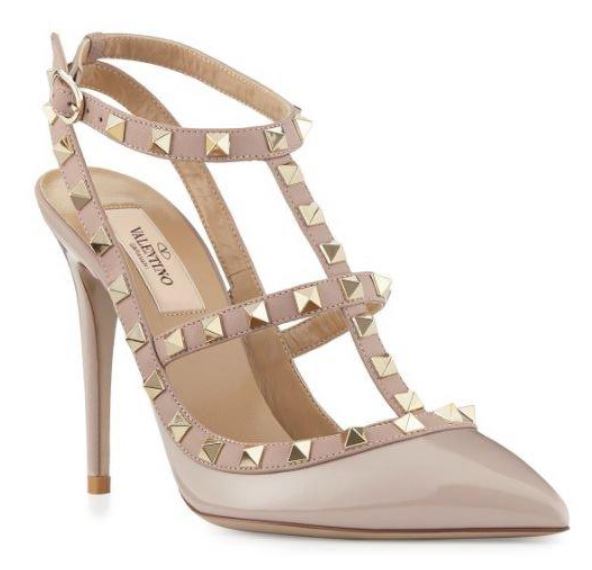What an awful racket… Acoustic product trade mark case provides opportunity for brands being piggy-backed to drive search traffic
An interesting recent decision by the Intellectual Property Enterprise Court (IPEC) on an unusual set of facts may provide an opportunity for brand owners to prevent unauthorised third parties from piggy-backing off a trade mark to drive traffic to their competing sites or product offerings. Uniquely, this has been found in circumstances which do not amount to traditional “bait and switch” or passing off and where consumers are not confused about the origin of the goods.
Read More



